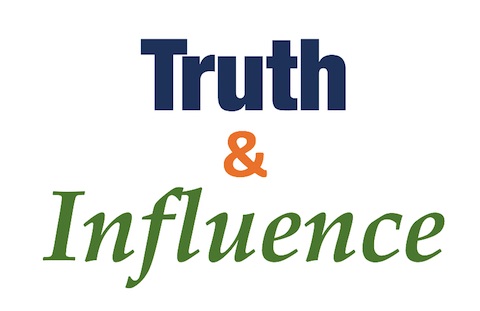Why I’m an analyst (and you could be, too)
 I like to do two things at work: figure new things out and explain what I figured out. That’s what makes me an analyst.
I like to do two things at work: figure new things out and explain what I figured out. That’s what makes me an analyst.
The way I look at it, ignoring overhead (like filing expense reports and political scheming), people do three useful things at work:
- Figure new things out.
- Use knowledge to get things done.
- Explain the knowledge to others.
If you are a baker, you spend most of your time using what you already know to get things done. If you are a clerk in retail store, it’s the same. In most jobs, actually doing the work you already know how to do is most of the job. Sure, there’s a training phase when you’re figuring things out, and a management phase when you’re explaining the job to others, but it’s mostly using the knowledge you have to get things done.
Frankly, that part bores me. If I already know how to do something, sure, I’d like to do it well. But it’s not what I live for.
Figuring new things out
Early on, I realized that I was a problem-solver. It’s why I tried to become a mathematician.
There is joy in solving problems that others have already solved — people like to do crossword puzzles, for example — but now that there is an internet, there’s very little reason to do that for work. If somebody already solved the problem, the answer is online and you can find it.
“Figuring new things out,” in my mind, is the subset of problem-solving that involves solving problems that no one else has solved before. Those problems are hard, and there is no guarantee of success. But you can bring together the knowledge that already exists (secondary research) and then gather data on what no one has figured out before (primary research). Then you use logic and creativity and tools like spreadsheets to put everything together and create some knowledge or insight that no one has had before.
The result is an “Aha!” I like those.
Explaining the knowledge to others
I am a writer because I like explaining things.
Explaining — in writing, in video, in public speaking, in ordinary conversation — is not and can never be a one-way activity. You need a sense of your audience and you must use that to improve how you explain things.
Once gain, the result is an “Aha!” — but now the insight is on the part of the audience. It’s their faces that light up, not mine.
Explaining is inherently dynamic. That is why I like Facebook and blogging, because they allow me to get feedback on how all of you are reacting to my attempts to explain. It’s also why I like giving speeches and workshops. Your questions fascinate me.
Analysts master the cycle of figuring out and explaining
I have described the two sides of this process as “Truth and Influence.” Truth refers to the process of figuring new things out, while influence is what happens when you are an efficient and potent explainer.
If all you do is figure new things out, that’s a very sterile activity. The knowledge is locked inside of you. You won’t move forward very far until you get better at sharing that knowledge with others.
If all you do is explain things, I hope you are a teacher or a trainer. Outside of those jobs, people who do nothing but explain things are just tiresome. Explaining the same things over and over again can become sterile as well, because the knowledge you’re explaining doesn’t advance.
But if you both figure new things out and explain things, then it gets interesting. The explaining leads to new questions. The new questions lead to new problems to solve. You figure out those answers and then explain some more.
This process is endlessly enjoyable to me. It became my full-time job when I became an analyst, and remains so now that I am an author, blogger, speaker, and consultant.
If you’re good at figuring new things out and explaining them, and if that makes you happy, perhaps you are an analyst, too.
I like this article. It gives me a context for my own skills. Like you, I’m a problem solver. I invent problems to solve just to keep my mind busy while I do the things that pay the bills.
For years now I have been writing about my insights, but they never reach an audience. All the knowledge I have created is bottled up without an outlet because I can’t figure out, or haven’t had the support I needed, how to connect with an audience.
You use the word “sterile.” I find “impotent” to be more apropos.